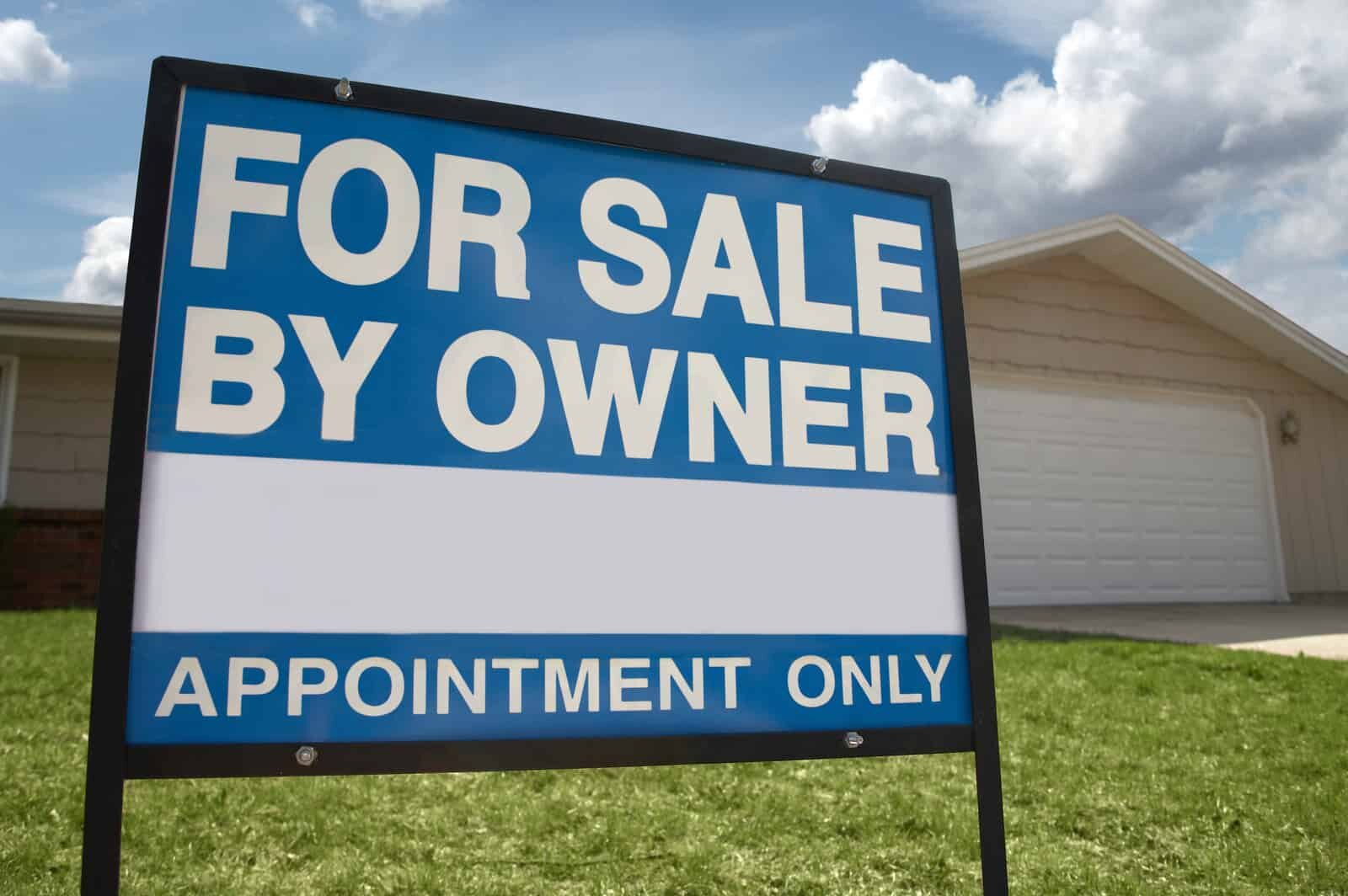Divorce. When we first fall in love, we never imagine our marriage ending, yet it’s unfortunately a common reality. The American Psychological Association estimates that approximately 40 to 50% of first marriages in the United States end in divorce. But what happens to shared assets like real estate when a marriage dissolves? Is a 50/50 split always required?
Can You Divorce Without Selling the House?
You have several options when deciding whether to keep or sell a house during divorce. The first crucial step is informing your attorneys and the Court about when you acquired the property. This key information helps determine if the house must be sold with assets divided equitably, or if it’s not considered marital property at all.
If the Court determines the property is “separate property” – meaning it was purchased before marriage, gifted or inherited by you individually, or bought with separate assets at any time – your spouse typically has no claim to it in both community and equitable distribution states. Exceptions may exist, such as when improvements significantly increased the property’s value. An attorney can help determine whether your property is separate or a marital asset.
When deciding who gets the house, courts consider several factors including:

The property’s current market value.

Each partner’s financial circumstances and stability.

The employment status and earning potential of each spouse.

Both physical maintenance and financial contributions to the marital home.

The age, physical condition, and mental health of each partner.

Child custody arrangements and time allocation.
Who Gets The House in A Divorce?

During divorce proceedings, state law governs how assets are divided. Most states follow equitable distribution principles, where a judge divides property in a manner deemed fair—not necessarily equal. This distribution considers various factors, including individual contributions to the household, such as child-rearing responsibilities.
Nine states follow community property laws: Arizona, California, Idaho, Louisiana, Nevada, New Mexico, Texas, Washington, and Wisconsin. Alaska also has community property laws, but only if couples opt into this system. In community property states, all assets acquired during marriage (marital property) are typically divided 50/50, with limited exceptions.
When addressing your marital home during divorce, you and your spouse (or the courts) have several options to consider, including:
One spouse buys out the other’s legal interest and keeps the home
For married homeowners in community property states, assets are typically split evenly. However, this doesn’t necessarily mean selling your house. You can negotiate to pay off your spouse’s legal interest to keep the property. This arrangement requires you to become the sole person on the title within the timeframe specified by the Court after the divorce decree is finalized.
One spouse maintains use and occupancy of the home for a specified period; typically until the youngest child turns eighteen, after which the house can be sold
In many jurisdictions, the parent with custody of minor children may receive temporary occupancy rights until the youngest child reaches eighteen. Depending on the Court’s decision, the spouse granted occupancy may or may not be responsible for the mortgage, utilities, insurance, and other expenses. Once all children reach adulthood, the property would then be sold and proceeds divided between the former spouses.
Co-own the home
Divorce doesn’t always have to be contentious. Co-owning property might be the best solution for your family’s wellbeing. If you have children and want to maintain stability, both parties could remain on the mortgage to minimize disruption. For example, in a household where the husband works as the sole financial provider while the wife serves as the primary caregiver, the wife may lack the funds, employment history, or ability to buy out her husband’s share of the property.
This arrangement offers benefits like family stability, but requires trust that the occupying spouse will make timely payments. If payments are missed, both partners’ credit scores would be negatively affected.
The house is sold immediately and any equity is split up

Selling the house outright can be the most straightforward solution. The property is listed at an agreed-upon price and, once sold, proceeds are divided either 50/50 or as directed by the Court. Depending on your local market conditions, this could be either a quick or lengthy process. If your area has a slow housing market, the property needs significant repairs, or title liens exist, a traditional sale might not be practical. In such cases, selling to a direct homebuyer or investor could provide a faster, simpler path to liquidating the asset so you can both move forward.
Selling Your House During A Divorce?
Reach Out Today For Your No-Obligation Cash Offer!
Steps to Sell a Home During Divorce
1. Hire A Divorce Specialist Real Estate Agent
Before listing your property, you must first determine asset division through legal counsel or the Court. Divorce is often emotionally turbulent for both parties. Allow professionals with experience in divorce-related real estate transactions to guide you through this complex process.
2. Agree On Home Sale Specifics
You and your spouse need to decide on a selling strategy. Do you prefer a quick sale to divide assets and move on, or are you willing to invest time and money preparing the property to maximize its market value? If you cannot reach an agreement through your attorneys, court intervention may become necessary.
If you choose to invest in repairs and upgrades, establish clear agreements about expense sharing and how these investments will affect the final profit distribution. Formalize these arrangements with legal counsel before spending additional money to avoid complications at closing.
Financial considerations are just the beginning. You’ll also need to address practical matters: Which real estate agent will you use? What listing price is appropriate? Will the property remain occupied or vacant during showings? Who handles mortgage payments and utilities? Who will prepare the property for showings and open houses? Whenever possible, resolve these issues through attorneys before court involvement to preserve more of your profits and reduce stress.
3. Know What to Expect in Order to Close the Sale
One more crucial step requires cooperation between you and your ex-spouse: evaluating purchase offers. In slower markets with limited offers, decisions may be straightforward. However, in competitive markets with multiple offers, extensive negotiations involving attorneys and real estate agents may be necessary. To streamline this process, agree on an evaluation strategy before listing. Whether you’ll accept the first clean offer or prioritize maximum profit, establishing clear criteria beforehand helps avoid additional conflict during this final stage.
4. Divide the Proceeds
This final step should be straightforward if asset division was properly established through legal channels. The proceeds distribution formula should already be determined by your divorce settlement. The escrow company will handle any outstanding liens or obligations before distributing funds, allowing both parties to move forward.
OR
5. Sell Your House AS-IS to A Cash Buyer
Are you in a situation where communication with your ex-spouse is difficult or impossible? Are you eager to close this chapter and begin the next phase of your life? Is the stress of divorce overwhelming, making a quick and straightforward property sale the best option? Selling to a direct cash home buyer might be your ideal solution!
Professional investors and direct home buyers purchase properties with cash, regardless of condition or the owners’ financial and marital circumstances. They specialize in expedited closings, helping property owners divest quickly compared to traditional sales. Most importantly, they buy houses as-is, meaning even properties needing significant repairs or upgrades can sell for fair cash offers with rapid closings. For couples enduring painful and expensive divorce proceedings, this streamlined approach eliminates the need to coordinate repairs, showings, or complex negotiations through attorneys and real estate agents.
Selling Your House During A Divorce? Contact Us For Your Cash Offer Today!
We Buy Homes in SWFL is a local cash home buying company that specializes in purchasing properties regardless of condition or the homeowners’ financial situation. We offer competitive cash offers without the complications of real estate agents, attorneys, and lengthy processes. If a direct home sale sounds like your best option, let’s talk! Call us anytime at (239) 572-9690. We’ve built our reputation on buying houses with minimal stress and fewer fees.
Need to quickly sell a property due to divorce? We have the solution you’re looking for. Contact us today for a competitive cash offer on your house or rental property. We purchase homes regardless of your financial circumstances or the property’s condition. Even if your house has been neglected for years or sustained storm damage, our team of experts will handle all necessary repairs after you accept our fair cash offer. We specialize in making the house-selling process during divorce as seamless and hassle-free as possible.

